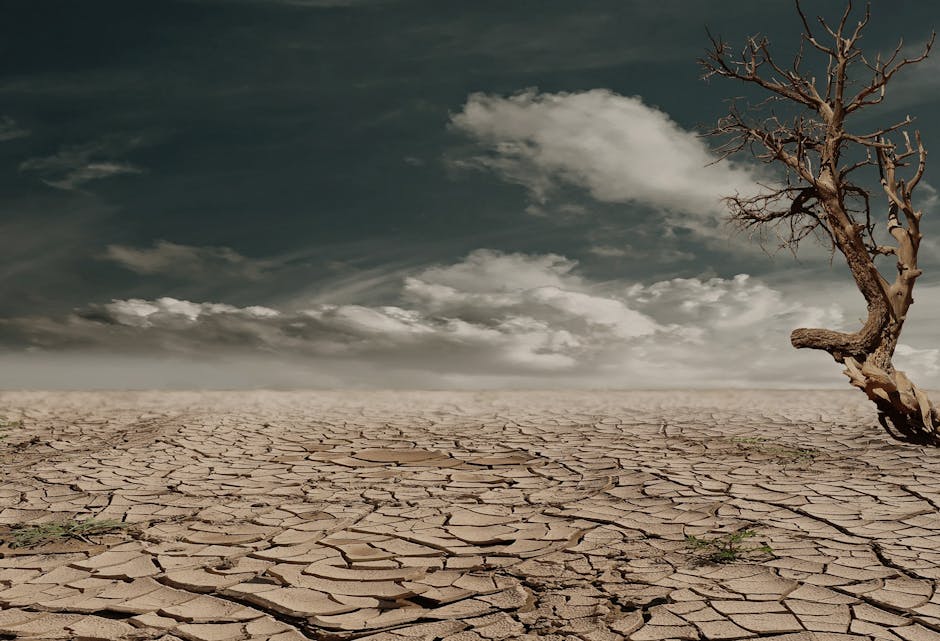Global warming, also known as climate change, refers to the continuing increase of Earth's global average temperature and is primarily caused by human emissions like burning fossil fuels and deforestation. These activities release greenhouse gases, such as carbon dioxide and methane, into the atmosphere, trapping heat and leading to a warming planet. The consequences are far-reaching, impacting weather patterns, sea levels, ecosystems, and human societies.
One of the most visible effects of global warming is the increase in extreme weather events. Heatwaves are becoming more frequent and intense, droughts are lasting longer, and hurricanes and typhoons are gaining strength. These changes disrupt agriculture, water resources, and infrastructure, posing significant risks to human lives and livelihoods. Rising sea levels, caused by melting glaciers and the expansion of warming seawater, threaten coastal communities and ecosystems.
The impact on ecosystems is equally alarming. Coral reefs, vital marine habitats, are suffering from bleaching due to warmer ocean temperatures. Changes in temperature and precipitation patterns disrupt plant and animal life cycles, leading to shifts in species distribution and even extinctions. The delicate balance of natural ecosystems is being disrupted, threatening biodiversity and the essential services they provide.
The consequences of global warming extend to human societies as well. Food security is threatened by changing growing seasons and increased crop failures. Water scarcity becomes more prevalent in many regions, leading to conflicts and displacement. The spread of infectious diseases can be influenced by changing climate conditions. These impacts disproportionately affect vulnerable populations and exacerbate existing inequalities.
Understanding the science behind global warming is crucial for addressing the challenge. The scientific consensus is overwhelming: human activities are the primary driver of the current warming trend. By understanding the mechanisms of climate change, we can develop effective strategies to mitigate its effects and adapt to the changes that are already underway.
Individual actions play a significant role in mitigating global warming. Reducing our carbon footprint through energy conservation, adopting sustainable transportation options, and making conscious consumer choices can collectively make a difference. Supporting businesses and policies that prioritize sustainability is also essential for driving systemic change.
Collective action is equally crucial. Governments and international organizations play a vital role in setting targets for emissions reductions, implementing policies to promote renewable energy, and investing in climate adaptation measures. Engaging in dialogue, advocating for change, and supporting initiatives that address climate change are essential for creating a sustainable future.
Addressing global warming is not just an environmental issue; it is a societal imperative. By understanding the science, acknowledging the impacts, and taking collective action, we can create a more sustainable and resilient future for generations to come. The time for action is now, and every effort, no matter how small, contributes to the global solution.

